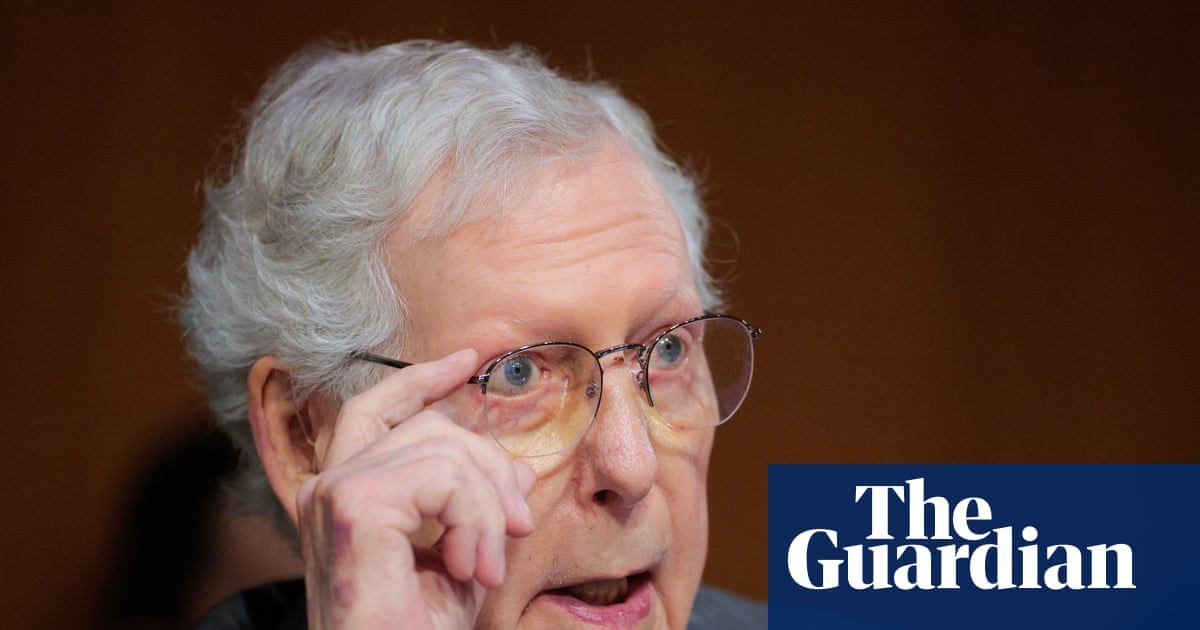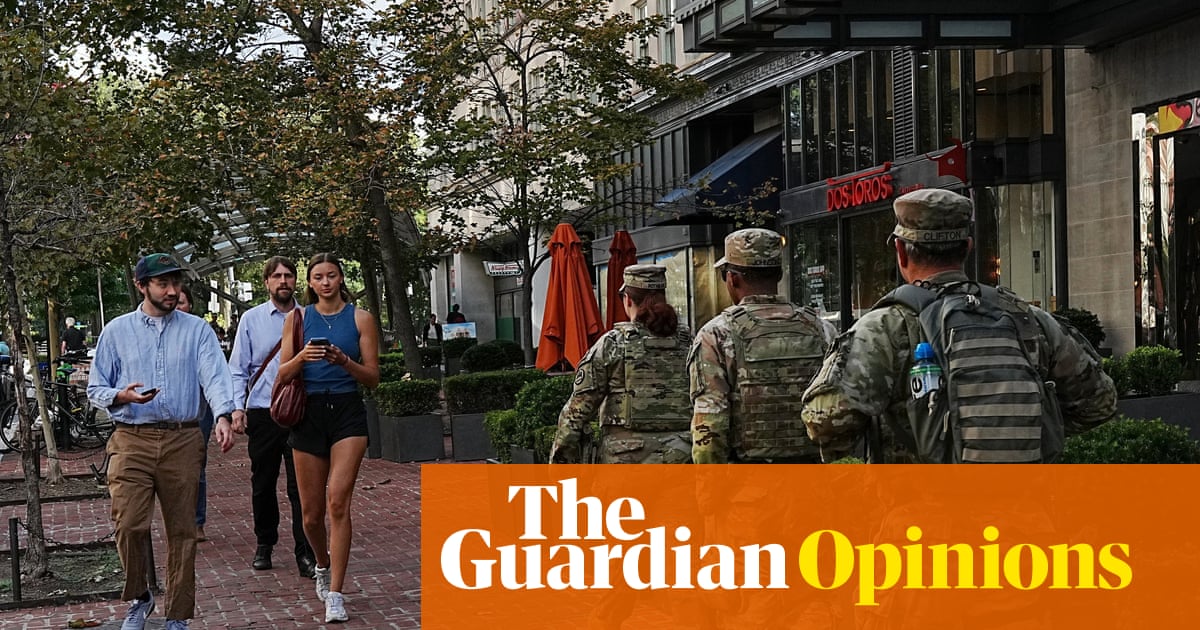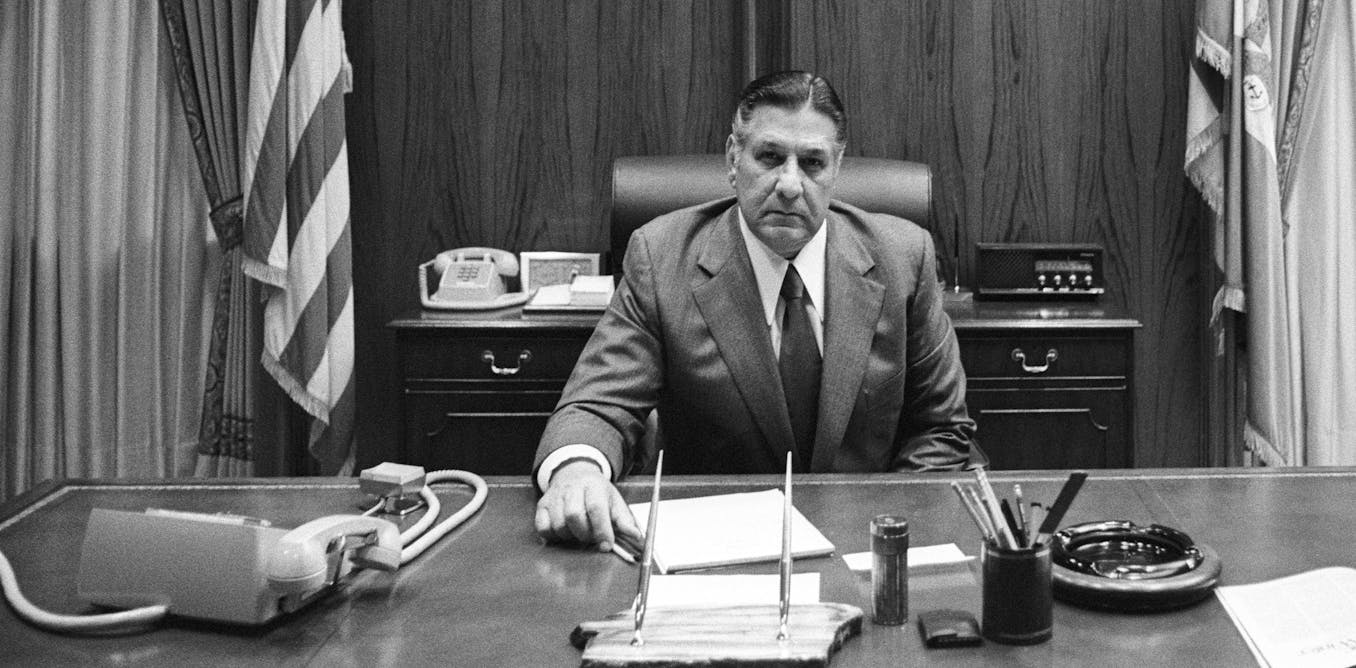The US military’s killing of 11 alleged Venezuelan drug traffickers traveling by boat in international waters in the Caribbean is an illegal use of war powers to address what should have been a situation of law enforcement. Unless this dangerous precedent is condemned and curtailed, it will enable US authorities to summarily shoot anyone they choose by simply declaring a “war” against them.
Last month, it was reported that Donald Trump had signed a secret decree authorizing the Pentagon to use military force against certain designated Latin American drug cartels, claiming that they were “terrorist” organizations. On Tuesday, Trump wrote that on his orders the military had targeted Tren de Aragua “narcoterrorists”, accusing them of “operating under the control of Nicolas Maduro”, the Venezuelan leader, and being “responsible for mass murder, drug trafficking, sex trafficking, and acts of violence and terror across the United States and Western Hemisphere”.
No reported attempt was made to interdict and detain the boatload of people. The video accompanying Trump’s statement suggests that the boat was simply blown up. When asked why the boat wasn’t stopped and its occupants arrested, Trump ducked the question and suggested that the killings would force traffickers to think twice before trying to move drugs to the United States.
Under international standards for law enforcement, lethal force can be used solely as a last resort to meet an imminent threat of death or serious bodily injury. That rule makes sense because law-enforcement officials should ordinarily seek to arrest and prosecute criminal suspects. That is the best way to ensure they have committed the offense in question. It also respects the fact that for most crimes, the penalty upon conviction is a prison sentence, not the death penalty – let alone summary killing without trial.
Trump has sought to evade those standards by in effect declaring war against Venezuelan drug cartels. Beginning with Richard Nixon in 1971, US presidents have repeatedly referred to a “war on drugs”, but that was a metaphoric war, a rhetorical claim that the effort was important, not a literal war. The distinction is important, because in genuine armed conflicts, opposing combatants can be summarily shot unless they are surrendering or in custody. There is ordinarily no duty to try to capture or arrest them.
There was nothing in the encounter in the Caribbean Sea that is indicative of a war. There has been no suggestion that the alleged drug traffickers were firing at US forces or otherwise engaged in what could fairly be described as combat. The US military simply blew them out the water. It wrongly applied wartime rules in what should have been a law-enforcement situation.
That Trump calls drug-trafficking suspects “terrorists” doesn’t change the rules for law enforcement. Terrorists are criminals, not combatants. Absent an imminent threat of death or serious bodily injury, they must be arrested, not shot.
That illicit drugs such as fentanyl cause enormous harm also does not alter the rules governing law-enforcement operations. Much criminal activity causes serious harm, but unless that harm constitutes an imminent threat of death or serious bodily injury and cannot be stopped by other means, law-enforcement standards require arrest and prosecution, not the use of lethal force.
Nor does it matter that the people killed may have been hardened criminals. Even despicable individuals are entitled to arrest and prosecution rather than summary killing.
If war rules could be applied to suspected terrorists or drug traffickers by a mere declaration of “war”, the risks would be enormous. Law-enforcement officers could shoot anyone anywhere on the mere assertion, never proved in court, that they were part of the group against which a “war” had been declared. What just happened at sea in the Caribbean could be replicated on the streets of New York, London or Paris.
Until now, the most visible example of a leader treating a “war on drugs” as a genuine armed conflict has been the former Philippine president Rodrigo Duterte. Under his direction, Filipino security forces summarily killed thousands of poor young men. The international criminal court charged him for these executions, and he is now in custody in The Hague awaiting trial.
Lindsey Graham, the South Carolina senator and a Republican leader on foreign policy, met the killing of the 11 with callous bravado: “I hope America’s adversaries are watching & now understand there’s a new sheriff in town.” But even a new sheriff must abide by policing rules. Trump did not.
We have every reason to worry that the Trump administration intends to continue this lawless behavior. Marco Rubio, the secretary of state, warned that such operations “will happen again”.
To avoid normalizing such flouting of law-enforcement rules, the Trump administration’s killing of the alleged drug traffickers must be broadly and firmly criticized. If we close our eyes to this instance of misapplied war rules because of dislike for Venezuelan drug cartels or fear of illicit drugs, we risk setting a precedent in which our most basic right to life is suddenly dependent on whether Trump or other leaders decide in effect to declare a war against us.
-
Kenneth Roth, former executive director of Human Rights Watch (1993-2022), is a visiting professor at Princeton’s School of Public and International Affairs. His book, Righting Wrongs: Three Decades on the Front Lines Battling Abusive Governments, was published by Knopf and Allen Lane in February.

 German (DE)
German (DE)  English (US)
English (US)  Spanish (ES)
Spanish (ES)  French (FR)
French (FR)  Hindi (IN)
Hindi (IN)  Italian (IT)
Italian (IT)  Russian (RU)
Russian (RU)  4 hours ago
4 hours ago
























Comments